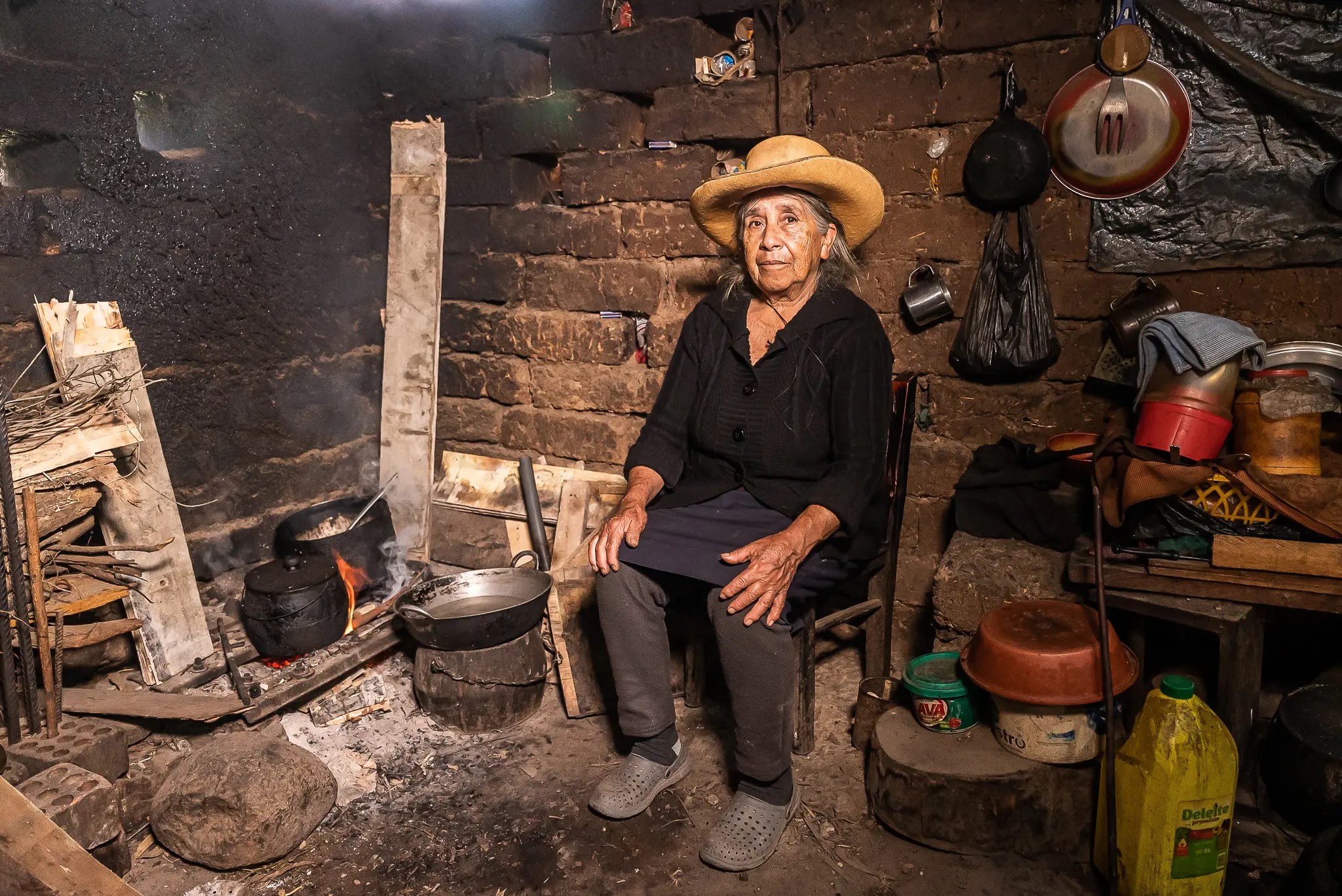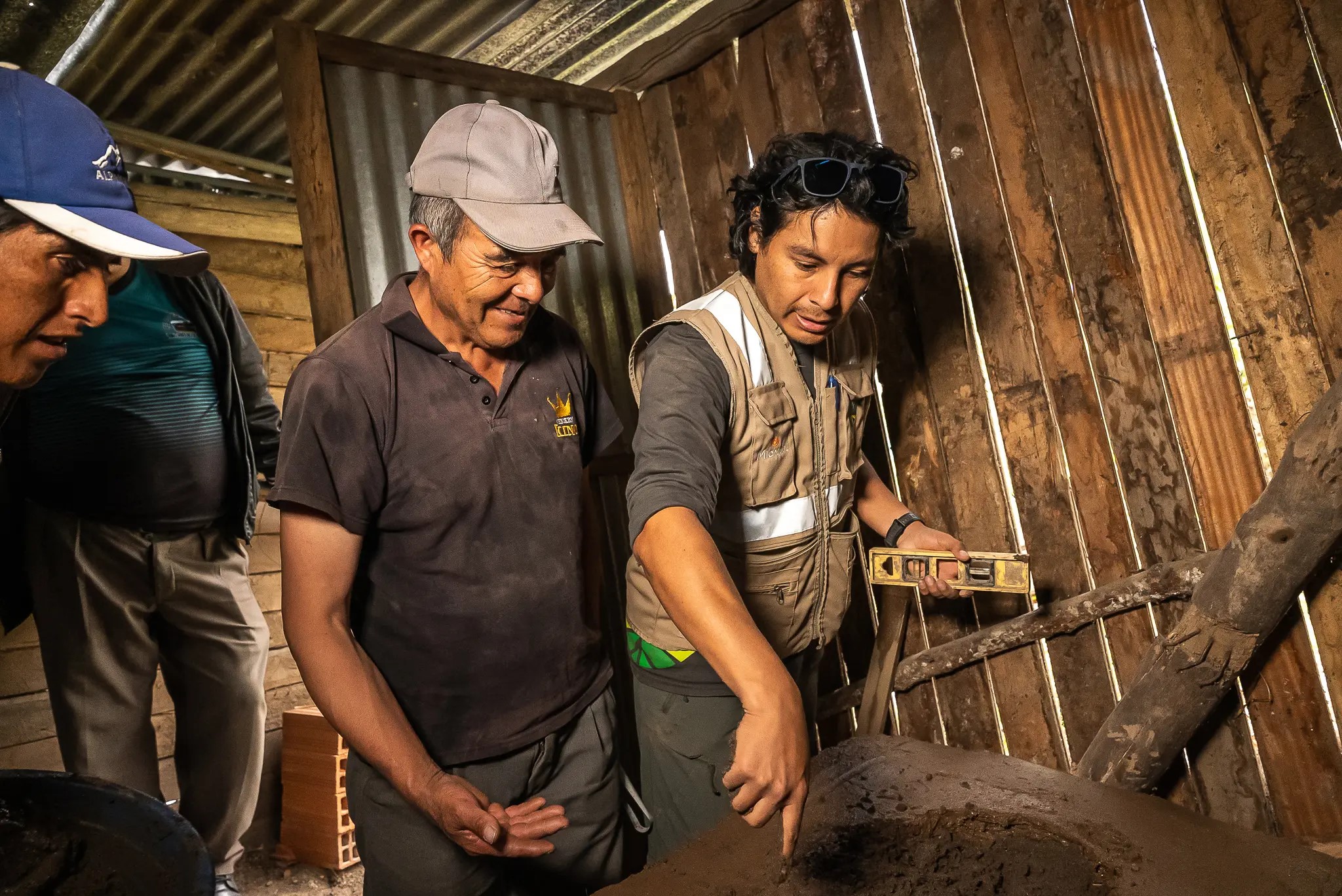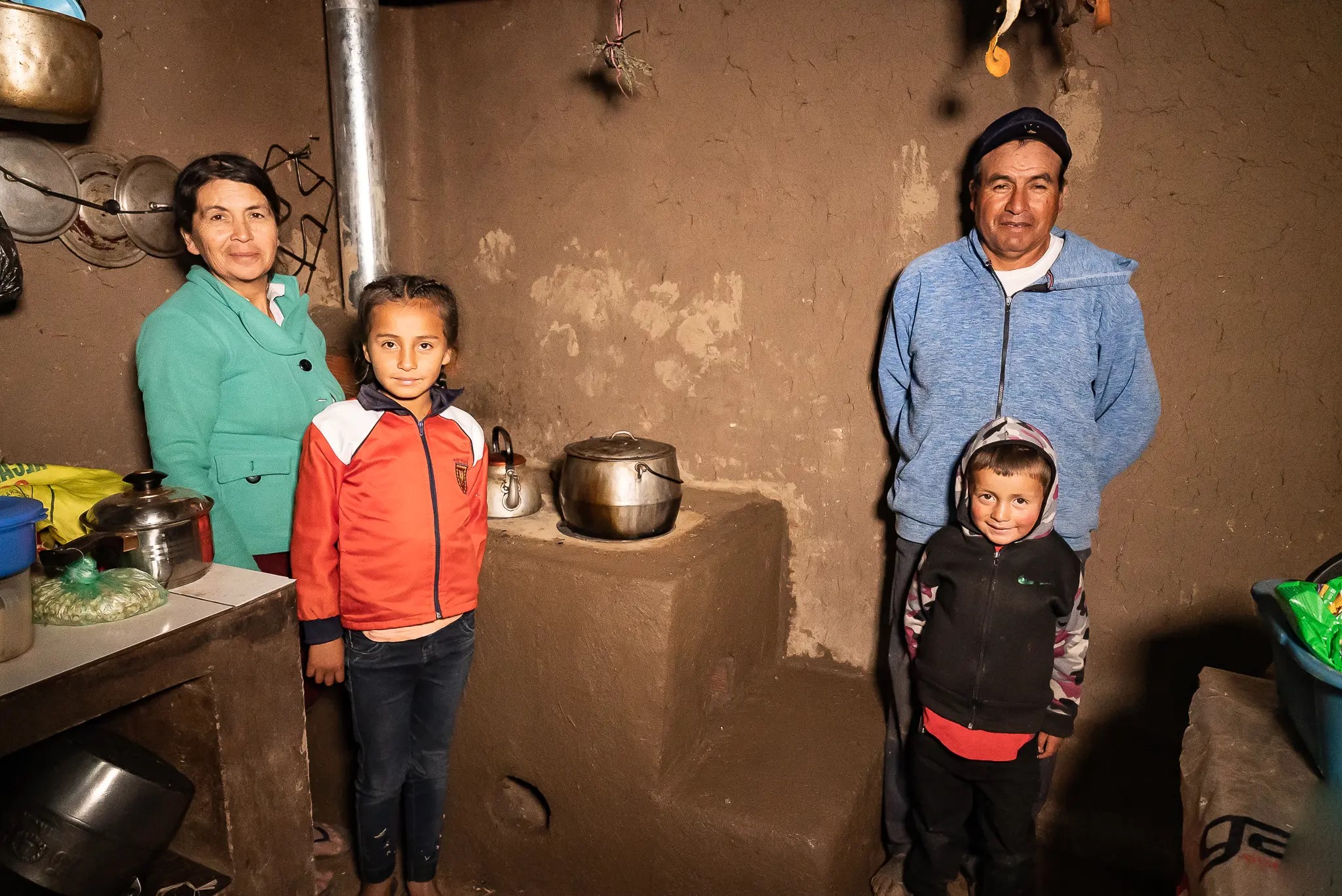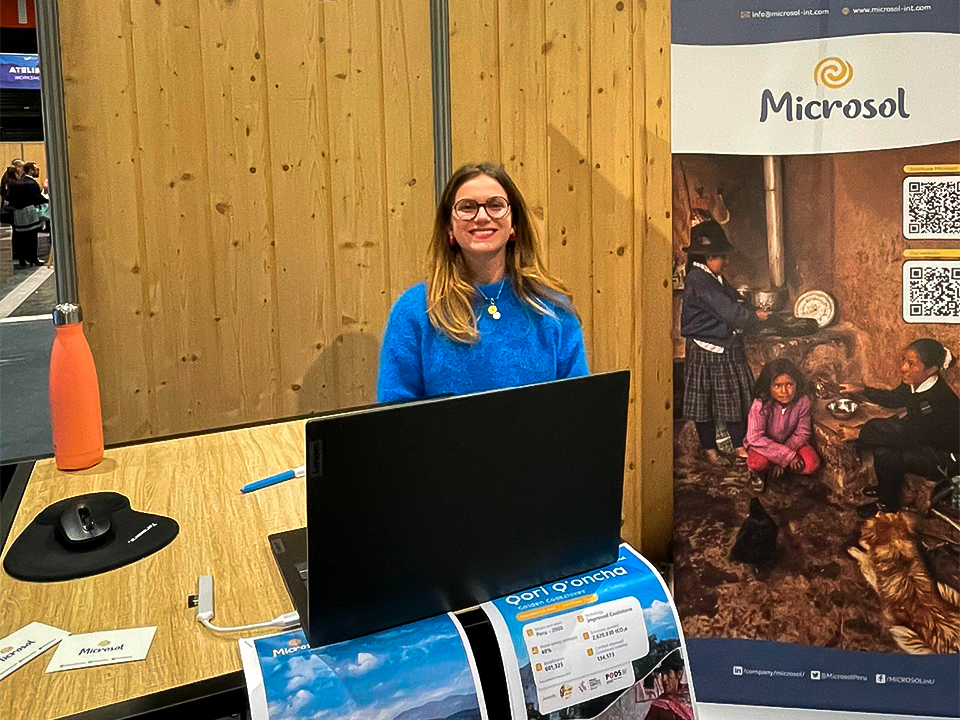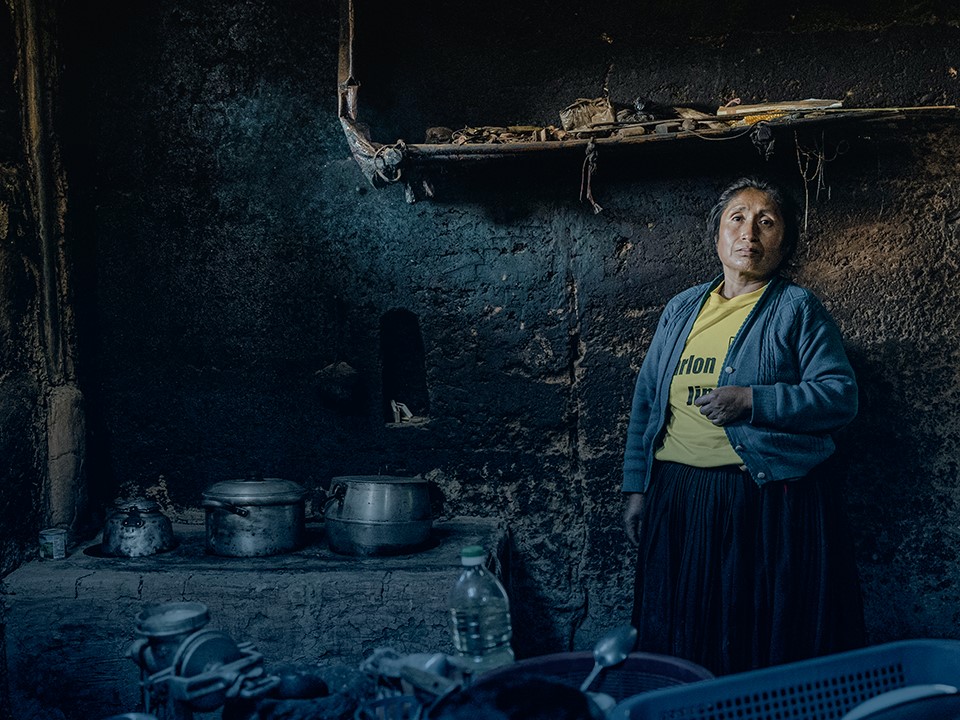Tuki Wasi
Air pollution-CO2 mitigation
Addressing indoor air pollution and reducing CO2 emissions in rural communities through the adoption of improved cookstoves.
Contact
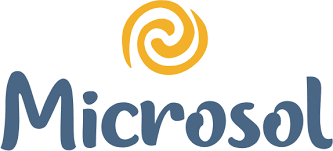
Microsol
Company Established Year
Who is this solution for
Info
Available

Project Status
Looking to expand internationally
Doing business in
Awards
Qori Q’oncha Recognition – Gold Standard
First improved cookstove program in voluntary carbon market
Special Achievement Award – myclimate
Addressed local environmental needs through PoA innovation
Special Achievement Award – PCIA
Recognized for clean energy commitment to communities
Product description
The Tuki Wasi Project, meaning 'Pleasant House' in Quechua, is a groundbreaking initiative in Peru that focuses on delivering certified improved cookstoves to rural communities. These cookstoves are designed to replace traditional wood-burning stoves, which contribute to indoor air pollution and CO2 emissions. The project operates under the Internationally Transferred Mitigation Outcomes (ITMO) mechanism established by Article 6 of the Paris Agreement.
By targeting the installation of 40,000 certified improved stoves by 2030, Tuki Wasi aims to make a significant impact on reducing global emissions. It is estimated that this initiative could help avoid between 400,000 and 750,000 tons of CO2 equivalent. Microsol plays a crucial role as the Entity Responsible for the Program, overseeing monitoring, reporting, and evaluation processes. The project receives support from financing partners like the Climate Cent Foundation and KliK Foundation, with local implementers carrying out the operations.
The core focus of Tuki Wasi is on both technical and social sustainability. This approach ensures the functionality, maintenance, and acceptance of the improved cookstoves within the community. By embedding long-term resilience and climate impact in vulnerable regions of Peru, the project aims to enhance local well-being and contribute to sustainable development.
Key characteristics and environmental benefits
- Installation of certified improved cookstoves in rural communities
- Reduction of indoor air pollution and CO2 emissions
- Operated under the ITMO mechanism of the Paris Agreement
- Targeting 40,000 stove installations by 2030
- Collaboration with financing partners for project support
- Focus on technical and social sustainability for long-term impact
- Enhancing local well-being and resilience in vulnerable regions
- Monitoring, reporting, and evaluation overseen by Microsol
About the Company
Ask about Tuki Wasi
Hi there! I’m here to help you quickly understand what this green solution is about — without needing to read the full page.
You can ask me things like:
- What problem does it solve?
- How does it help the environment?
- What makes it different?
Let’s explore together!
You can try asking:
Oops, it seems like you're not a member.
Sign up! It's free. You'll be able to read all the articles you like, download PDFs, and get in contact with the respective owners.
Have an account already? Sign in here
